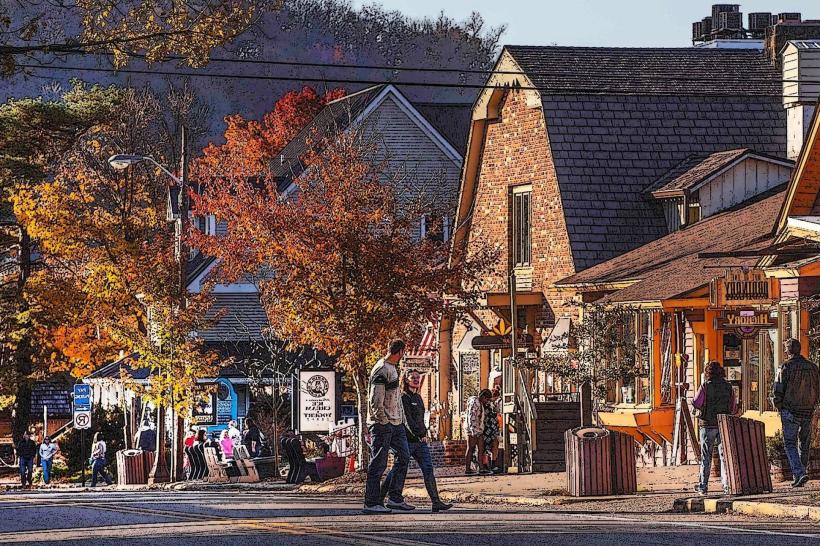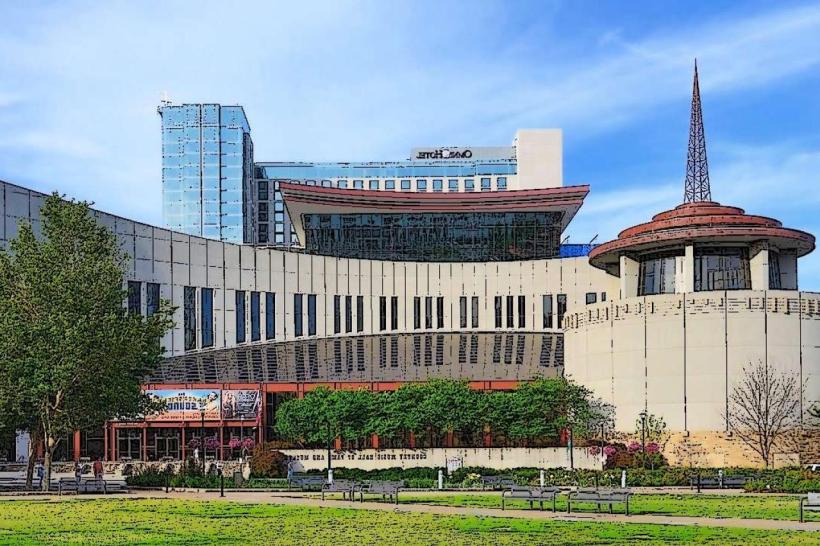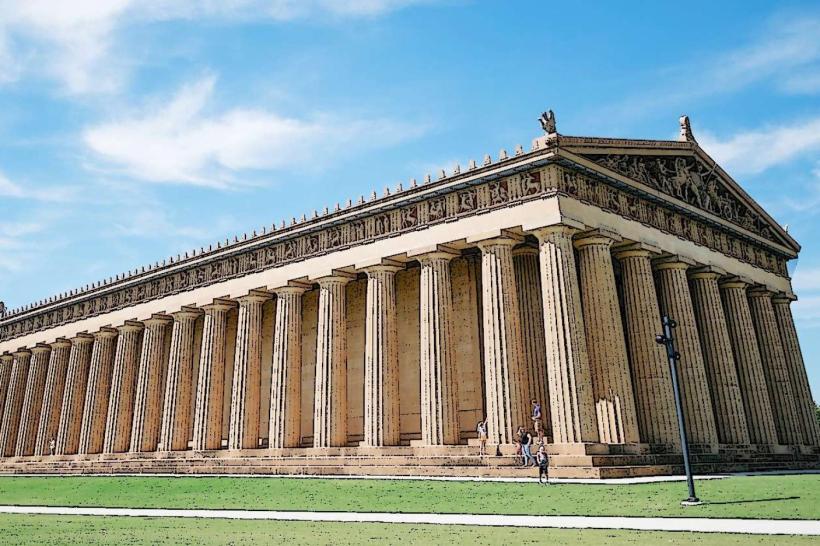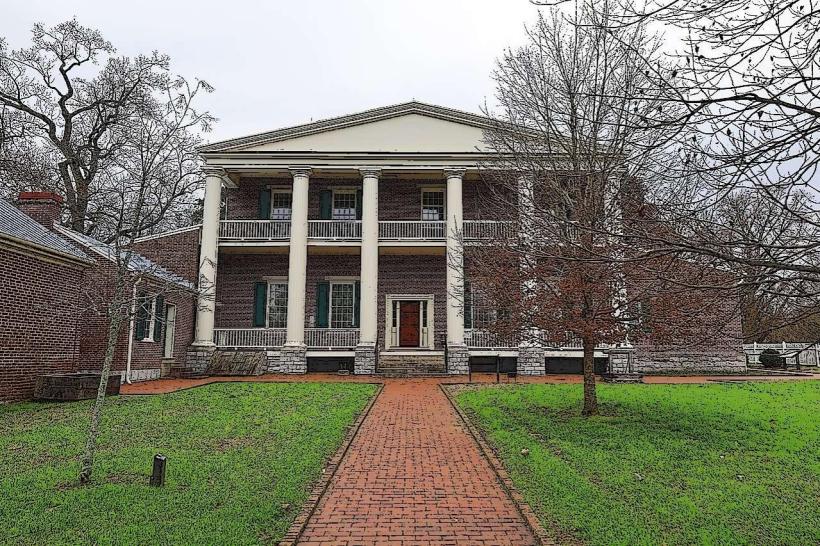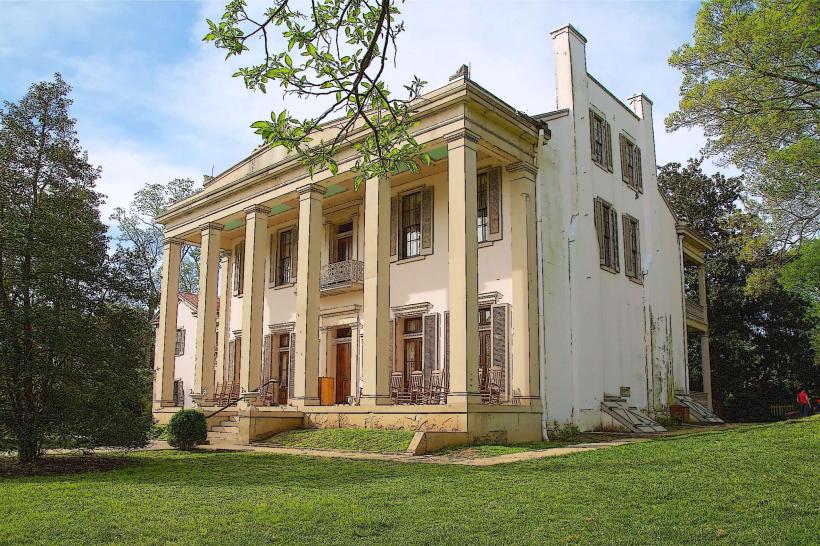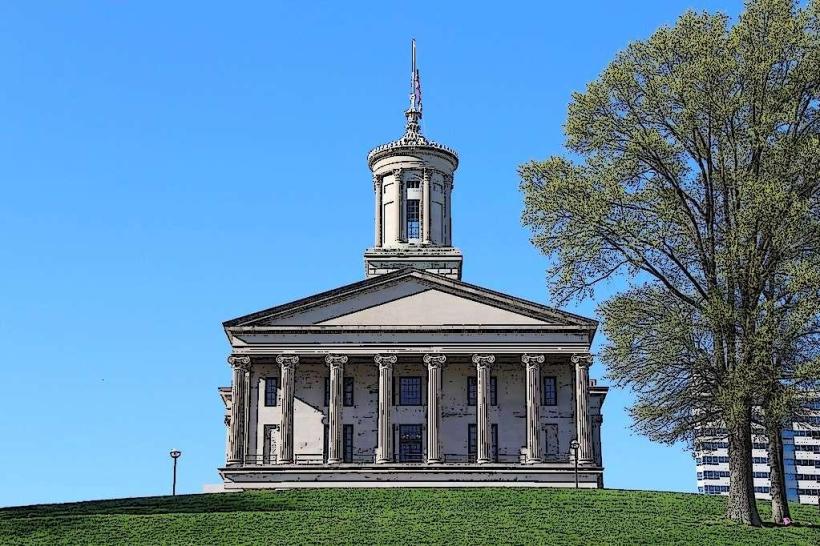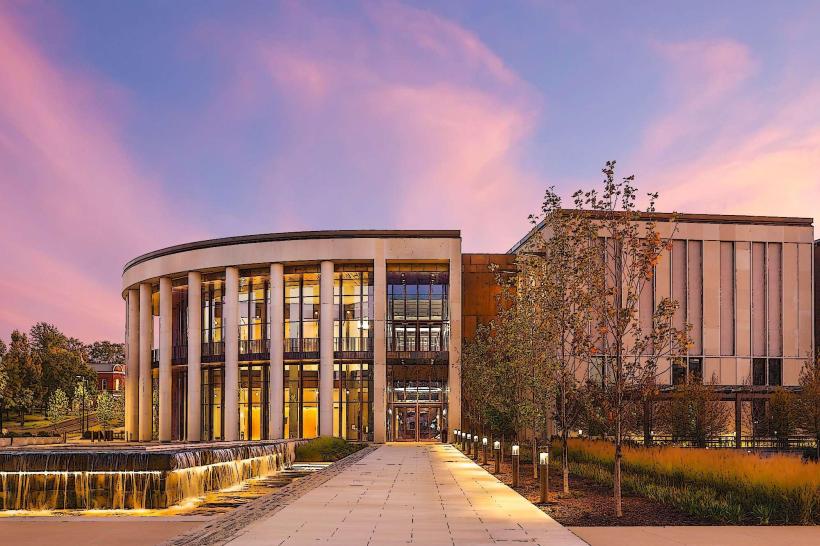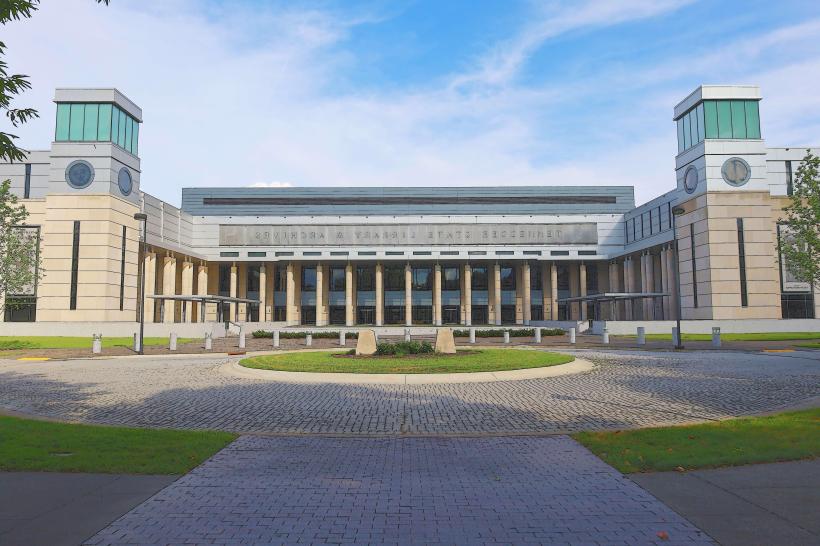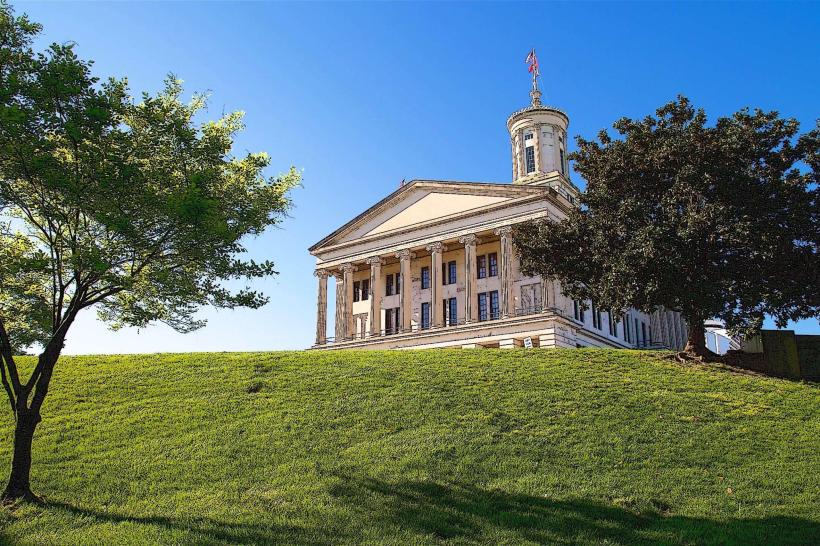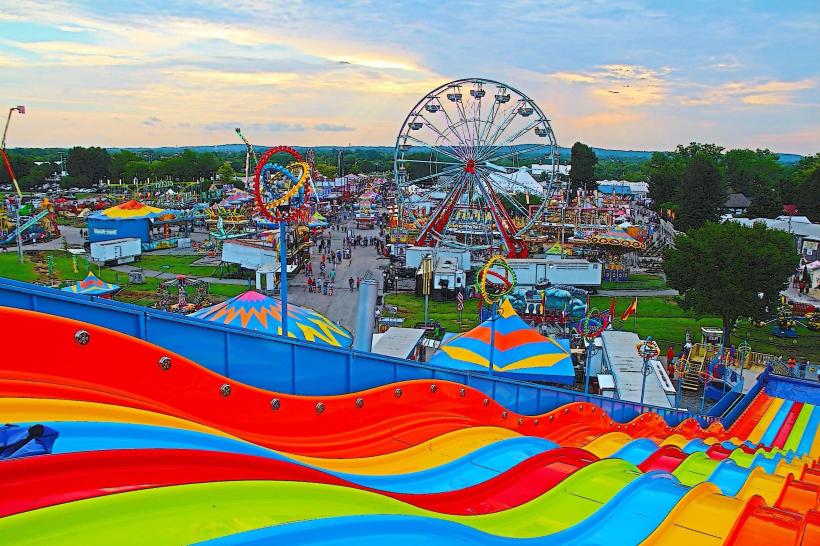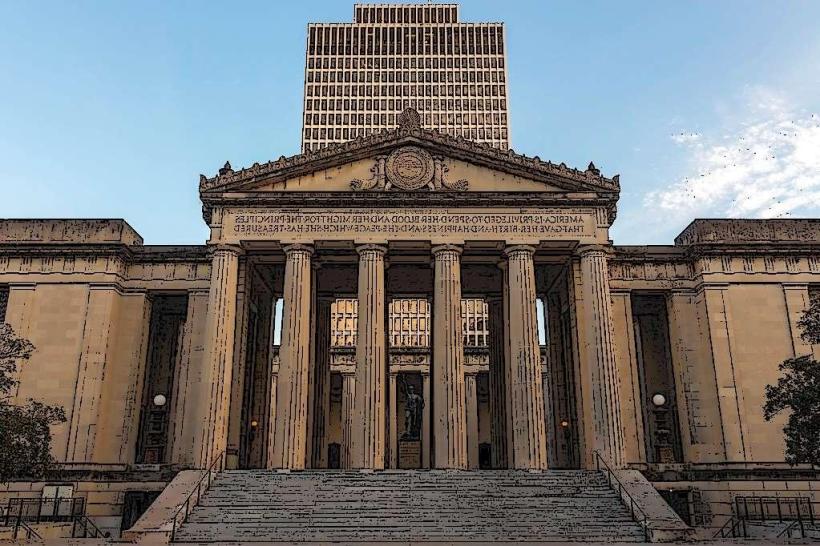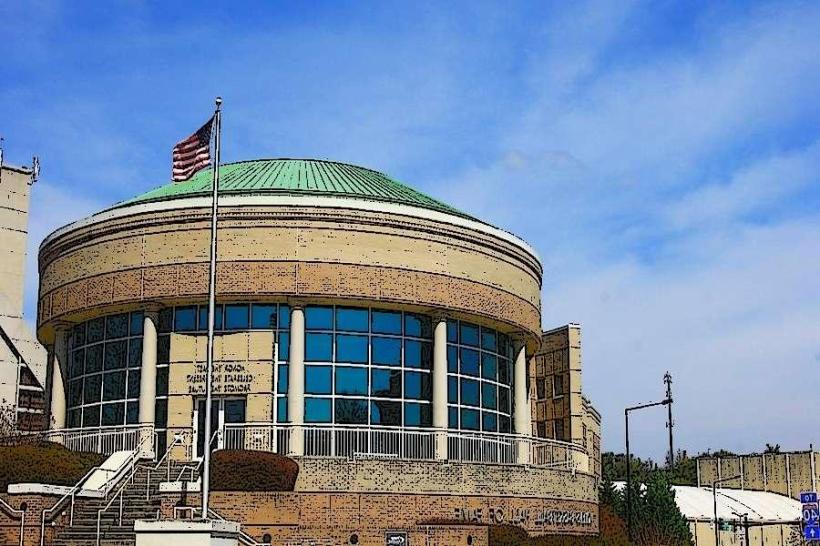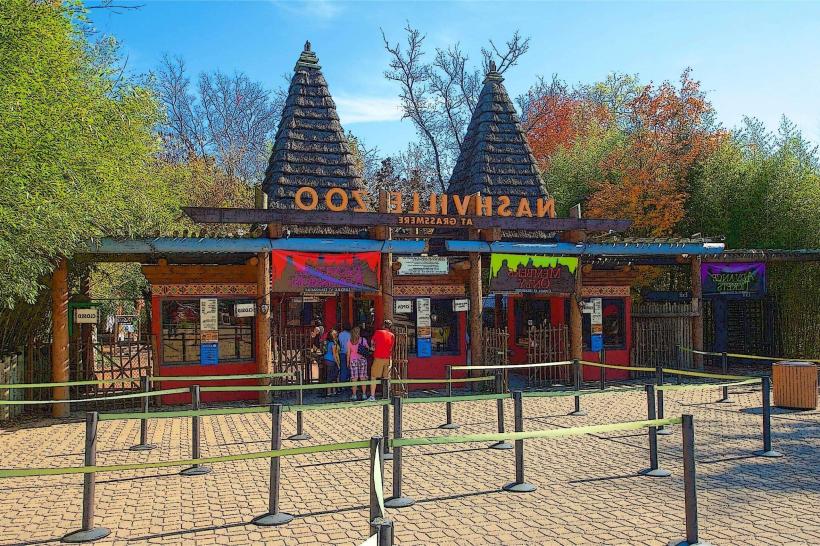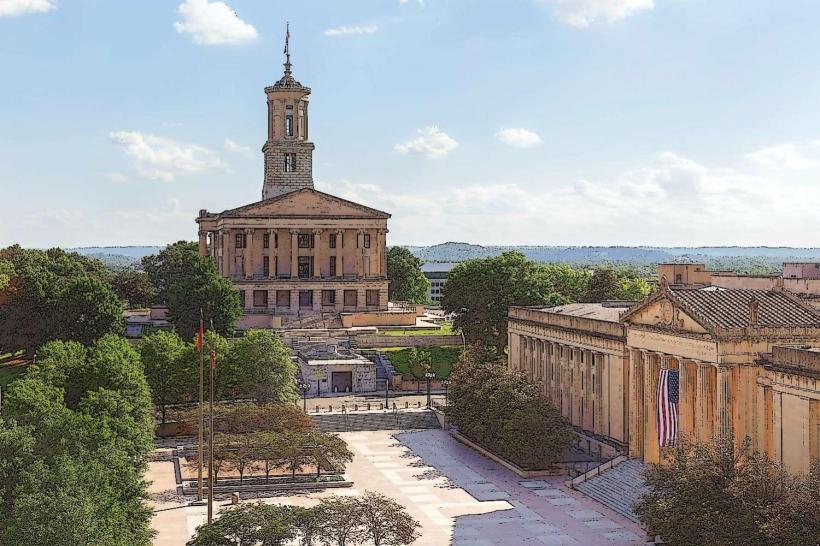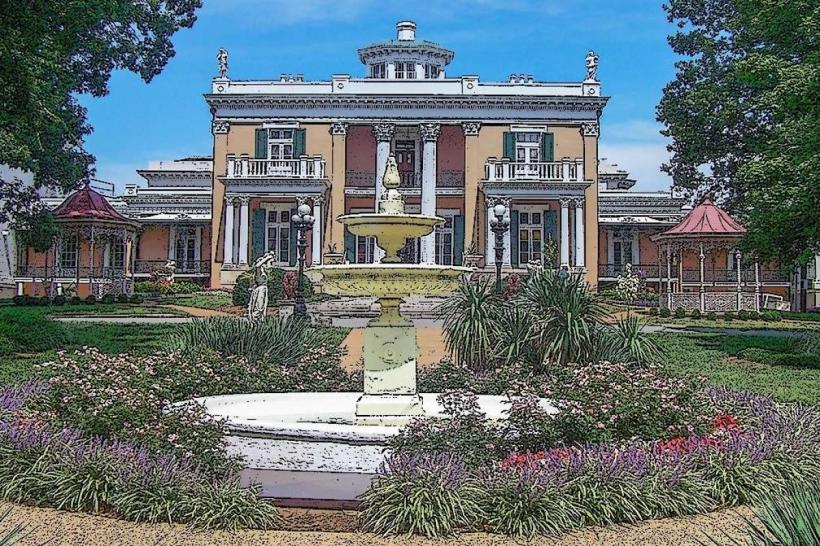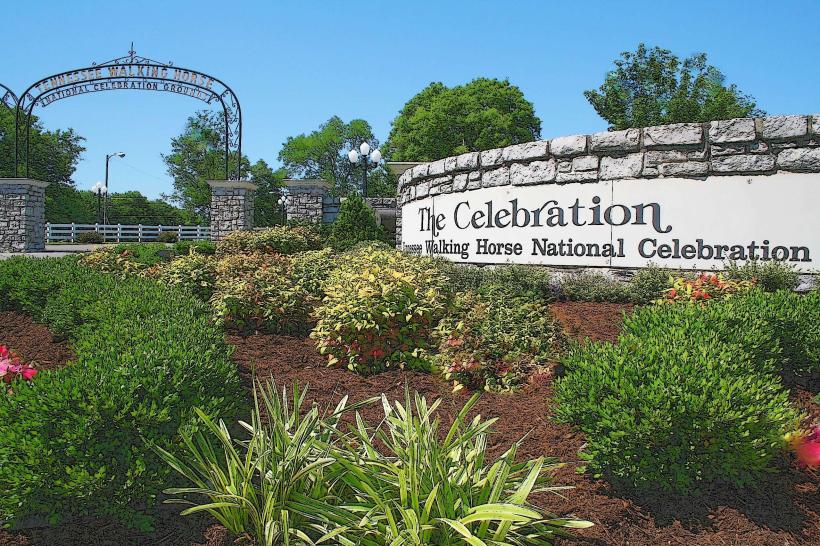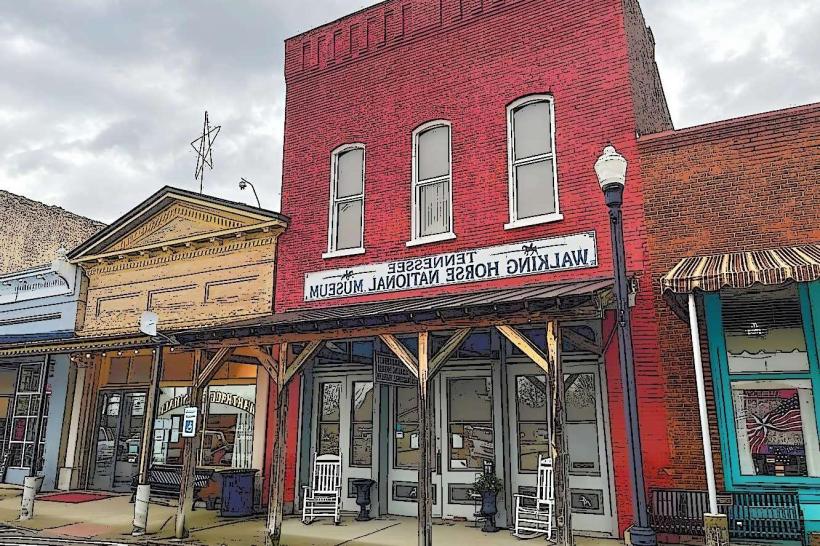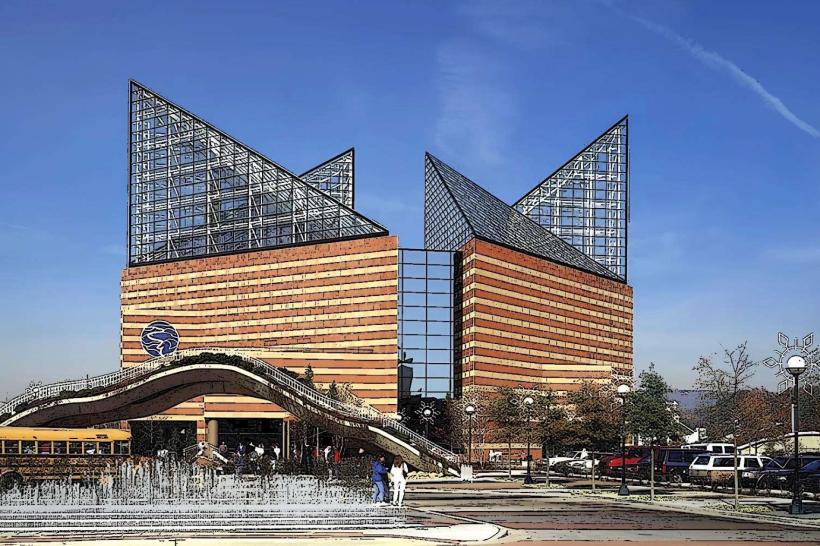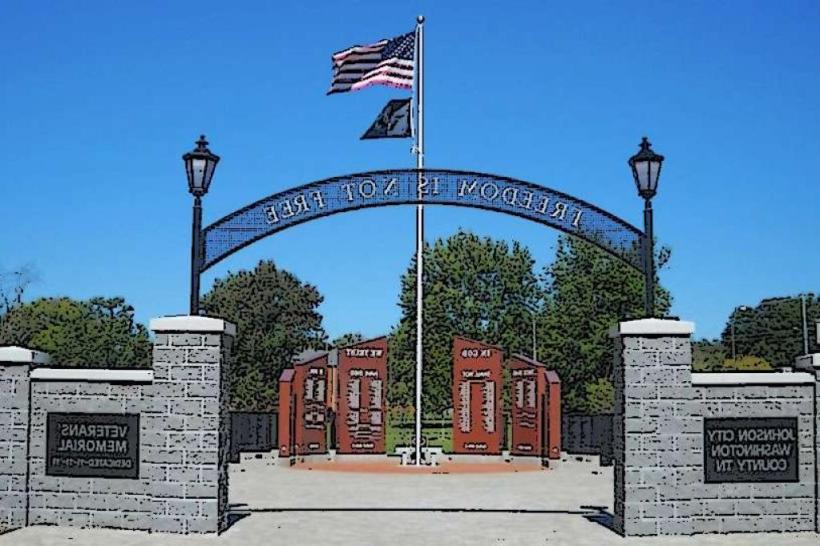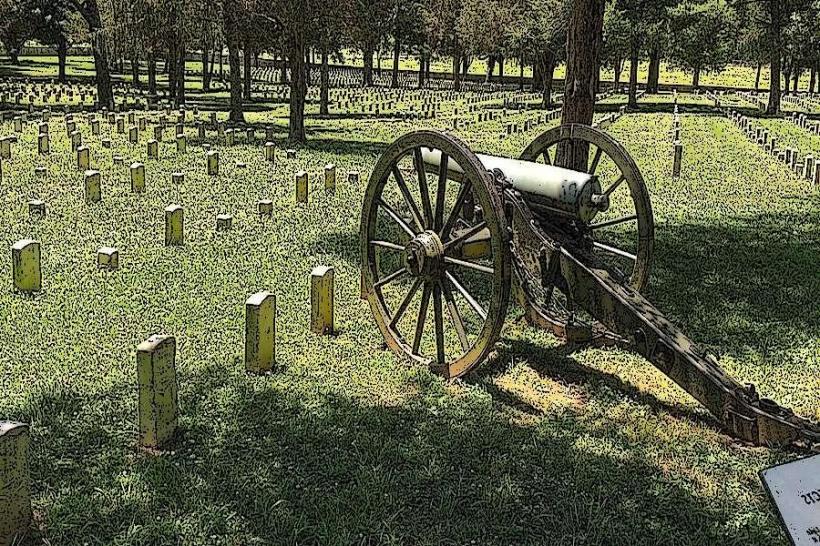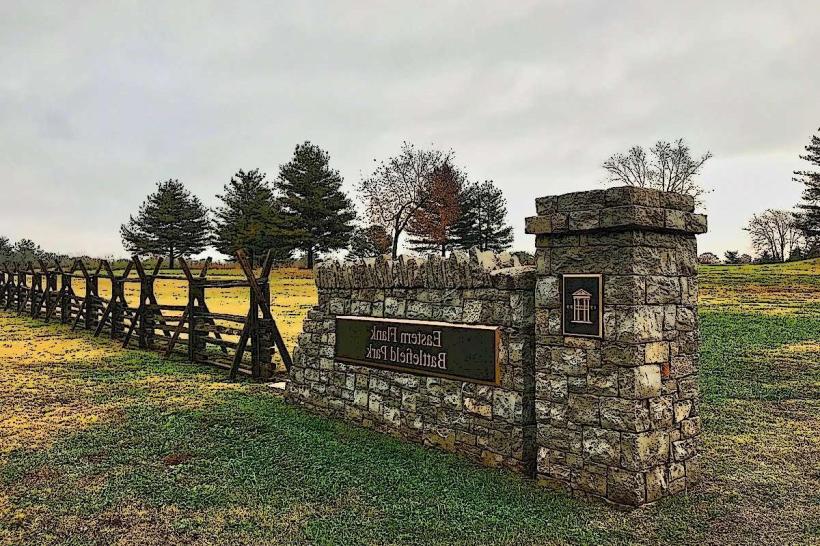Information
Landmark: Ryman AuditoriumCity: Nashville
Country: USA Tennessee
Continent: North America
Ryman Auditorium, Nashville, USA Tennessee, North America
Ryman Auditorium, located in downtown Nashville, Tennessee, is one of the most iconic and historically significant music venues in the United States. Known as the “Mother Church of Country Music,” it has played a pivotal role in the development and popularization of country music and remains a cherished cultural landmark.
History and Background
Built in 1892 as the Union Gospel Tabernacle, the auditorium was originally designed as a church by architect Hugh Cathcart Thompson. It was renamed Ryman Auditorium in honor of Thomas G. Ryman, a prominent local businessman and riverboat captain who funded much of its construction.
In the early 20th century, the venue became synonymous with country music after becoming the home of the Grand Ole Opry in 1943. The Opry, a legendary live radio show showcasing country music talent, helped cement Nashville’s reputation as “Music City, USA.” Ryman served as the Opry’s primary venue for more than three decades until the show moved to a larger facility in 1974.
Architecture and Design
Ryman Auditorium features distinctive Victorian Gothic architecture with a robust, intimate interior designed for exceptional acoustics. The auditorium seats approximately 2,362 people and is renowned for its superb sound quality, which has attracted a wide range of performers beyond country music, including folk, rock, blues, and gospel artists.
The venue’s layout includes:
Main Floor and Balcony Seating: Providing excellent sightlines and an intimate atmosphere.
Stage: A large, well-equipped stage that has hosted countless legendary performances.
Historic Elements: Original pew-style seating, ornate woodwork, and stained glass windows preserve the building’s historic charm.
Cultural Significance
Ryman Auditorium is considered a sacred site in American music history. It witnessed performances by foundational country music legends such as Hank Williams, Patsy Cline, Johnny Cash, and Bill Monroe. The venue has also hosted iconic artists from other genres, including Bob Dylan, Bruce Springsteen, and Emmylou Harris.
Its nickname, “Mother Church of Country Music,” reflects its central role in nurturing and showcasing country music’s roots and evolution.
Renovations and Modern Use
After the Grand Ole Opry moved out in 1974, the Ryman faced decline but was preserved through dedicated restoration efforts. Major renovations in the 1990s restored its structural integrity and updated facilities while maintaining historical authenticity.
Today, Ryman functions as a premier concert hall and event space, hosting a wide variety of live performances year-round. It attracts music lovers from all genres, maintaining its legacy as a vibrant cultural venue.
Visitor Experience
Visitors to Ryman Auditorium can:
Attend Concerts: Experience live performances by both emerging and established artists.
Take Guided Tours: Explore the venue’s history, architecture, and backstage areas through informative tours.
Visit the Ryman Museum: Located within the building, the museum displays memorabilia, photographs, and exhibits related to the venue’s storied past and country music heritage.
Shop for Merchandise: The venue’s gift shop offers music-related souvenirs and memorabilia.
Location and Accessibility
Situated at 116 5th Avenue North in downtown Nashville, Ryman Auditorium is easily accessible by foot, public transit, or car. It lies within walking distance of other major Nashville attractions, including the Country Music Hall of Fame and Museum and Bridgestone Arena.
Cultural Events and Legacy
Beyond concerts, Ryman hosts special events, award shows, and community gatherings. It remains a symbol of Nashville’s musical identity and American cultural heritage, celebrated for preserving the spirit and sound of country music.
Ryman Auditorium stands as a timeless monument to music history, combining historic significance, architectural beauty, and a thriving present-day role as one of the nation’s most beloved live music venues. Its enduring legacy as the “Mother Church of Country Music” makes it an essential destination for visitors to Nashville and music fans worldwide.


